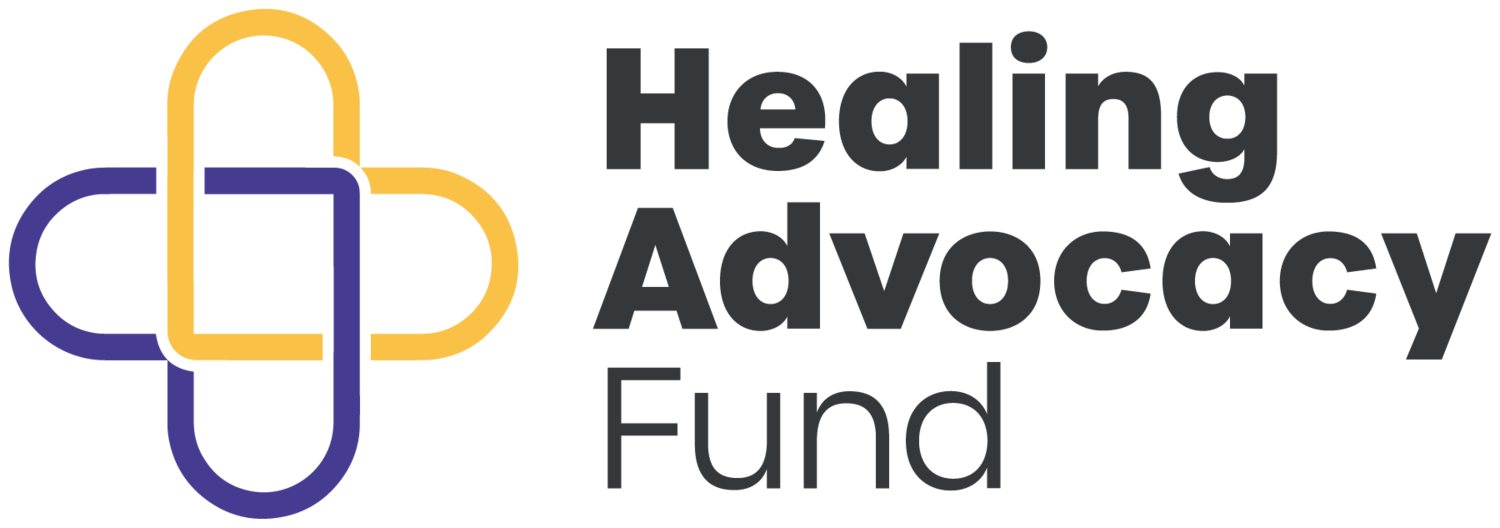
Research shows promise
Pioneering studies at leading medical research institutions show so much promise that the FDA granted it a “breakthrough therapy” designation—meaning it may demonstrate substantial improvement above and beyond what is currently available for treating depression, end-of-life anxiety and addiction.
Studies that show the promise of psilocybin therapy.
Oregon Psilocybin Advisory Board Scientific Literature Review
The Oregon Health Authority, in partnership with the Oregon Psilocybin Advisory Board (PAB) and the research subcommittee compiled a summary of all current clinical trials and studies related to psilocybin. The PAB will conduct periodic reviews of available research and make new, updated information available to the public.
See the final report and recommendations, including citations:
Johns Hopkins University School of Medicine
High-dose psilocybin produced large decreases in depressed mood and anxiety along with increases in quality of life, life meaning and optimism and decreases in death anxiety. At six-month follow-up, these changes were sustained with about 80% of participants continuing to show clinically significant decreases in depressed mood and anxiety.
Harbor-UCLA Medical Center; Los Angeles Biomedical Research Institute; UC San Diego School of Medicine; Heffler Research Institute
Results showed most participants experienced an increase in positive mood and outlook and a decrease in anxiety, indicating both the relative safety and promise of psilocybin therapy. All subjects tolerated the treatment sessions well with no indication of dangerous cardiovascular abnormalities, severe anxiety or extremely adverse experiences.
NYU Grossman School of Medicine; NYC Health + Hospitals/Bellevue; Palo Alto University
Psilocybin therapy produced immediate, substantial and sustained improvements in anxiety and depression and led to decreases in cancer-related demoralization and hopelessness, improved spiritual well-being and increased quality of life. At the six-and-a-half-month follow-up, approximately 60–80% of participants continued with clinically significant reductions in depression or anxiety and sustained benefits in existential distress and quality of life as well as improved attitudes toward death.
Denver Psilocybin Mushroom Policy Review Panel: 2021 Comprehensive Report
In 2019, Denver voters approved Initiative 301 to decriminalize personal possession, cultivation, and storage of psilocybin mushrooms in the City and County of Denver. As part of this initiative, the Denver Psilocybin Mushroom Policy Review Panel was created to assess and review the impacts and make recommendations to the Denver City Council.
After over a year of regular meetings, research and data collection, the Panel unanimously agreed that decriminalizing psilocybin mushrooms in Denver has not presented any significant public health or safety risk in the city. See the final report and the Panel’s recommendations:
“I’ve been caring for people with depression and PTSD for over 20 years. Too many are suffering, and pills and talk therapy aren’t always effective. Medical research shows psilocybin can be effective in treating depression and anxiety. For my patients, natural medicine could be another treatment option. The Natural Medicine Health Act brings healing and hope.”
— Heather Lee, Licensed Clinical Social Worker and Therapist in Colorado
Studies examining treatment-resistant depression and major depressive disorder
Centre for Neuropsychopharmacology, Imperial College London
Depressive symptoms were markedly reduced one week and three months after high-dose treatment. Results show support for the safety and efficacy of psilocybin for treatment-resistant depression and motivates further trials.
Yale School of Medicine; VA Connecticut Healthcare System; NYU Grossman School of Medicine; University of Connecticut; Roosevelt University
Researchers found psilocybin therapy and Acceptance and Commitment Therapy are synergistic as both foster psychological flexibility. Future psilocybin therapy for depression may be optimized by integrating Acceptance and Commitment Therapy.
Centre for Psychedelic Research, Imperial College London
Results confirmed researchers’ suspicion that the quality of the acute psilocybin experience is a key mediator of long-term changes in mental health. An implication for this is that a calm, anxiety-reducing environment may allow psilocybin therapy to be more successful.
Centre for Neuropsychopharmacology, Imperial College London; South London and Maudsley NHS Foundation Trust; Institute of Psychiatry, King’s College London
Neuroticism scores significantly decreased while Openness scores also significantly increased in the population examined following psilocybin therapy. These changes in personality appear to be generally more pronounced than similar changes occasioned by traditional pharmaceutical depression treatment.
“Psilocybin therapy is a historic step forward for so many Oregonians suffering from debilitating anxiety and depression. Now we move forward to the work of creating a pragmatic, intentional program and data-driven program dedicated to delivering psilocybin therapy in a way that relieves suffering and improves lives.”
— Elizabeth Steiner Hayward, MD, Oregon State Senator
Studies examining alcohol and tobacco addiction
Johns Hopkins University School of Medicine
Researchers found at 12-month follow-up, 10 participants (67%) were confirmed as smoking abstinent. At long-term follow-up (>16 months), nine participants (60%) were confirmed as smoking abstinent.
Donders Institute for Brain, Cognition and Behaviour, Radboud University Medical Centre
Preliminary data of ongoing alcohol and smoking addiction studies in humans shows promising effects of psilocybin administration on substance use. Importantly, psilocybin has a low risk of toxicity and dependence and can be used safely under controlled clinical conditions.
“A terminal diagnosis is profound. With such overwhelming loss, patients can get stuck in a place of anxiety, sadness and fear. Current studies seem to show that psilocybin therapy can help. It opens them to a different perspective, a different way of thinking about their terminal diagnosis, and it can let them better enjoy the life they have left with the ones they love.”
— Dr. Nick Gideonse, MD, OHSU Department of Family Medicine
Sign-up for our newsletter
Receive updates on HAF-related programs and implementation priorities for psilocybin services in Oregon.





